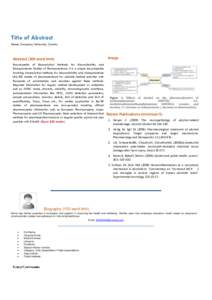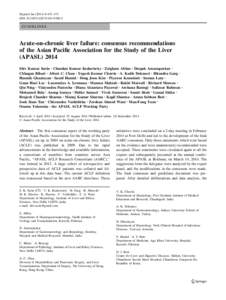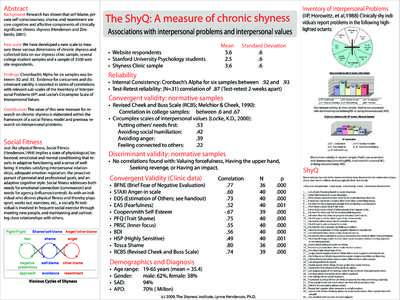<--- Back to Details
| First Page | Document Content | |
|---|---|---|
 Date: 2012-04-04 09:09:49Medical terms Medical informatics Medicare Disease management Chronic Out-of-pocket expenses Medicare Advantage Medicare Physician Group Practice (PGP) Demonstration Medicine Health Healthcare |
Add to Reading List |
 This project tests whether providing coordinated care services to Medicare beneficiaries with complex chronic conditions can yield better patient outcomes without increasing program costs
This project tests whether providing coordinated care services to Medicare beneficiaries with complex chronic conditions can yield better patient outcomes without increasing program costs



